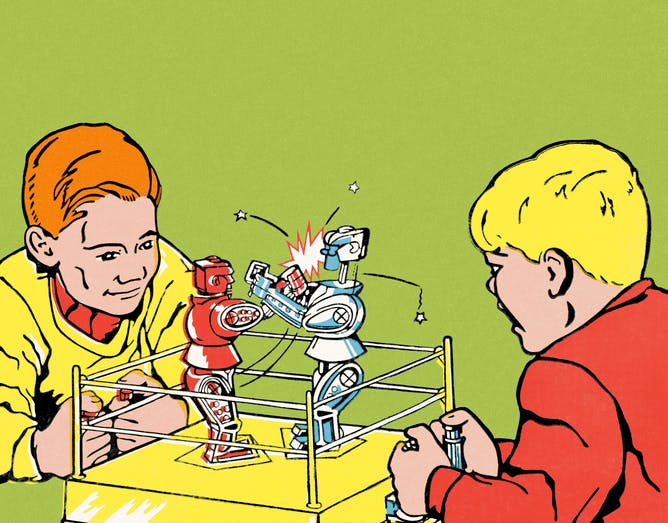Perplexity is in talks to raise again, as the battle for second in the AI chatbot race heats up
The latest funding round could peg Perplexity at a $14 billion valuation.
Like a lot of AI startups, Perplexity isn’t having a hard time finding new investors.
According to exclusive reporting by The Wall Street Journal, the company is in closing talks for a new $500 million funding round that would see it valued at a whopping $14 billion. For context on just how quickly valuations are still soaring in the AI sphere, Perplexity closed a funding round in November that saw its valuation reach $9 billion… which was already triple what the startup was worth just six months before that.
Though it’s certainly had its critics, the company’s eponymous AI search engine has proved popular since its release in late 2022, while plans to launch Comet — an AI-powered browser that could land as soon as this month — clearly have investors excited as well. In the ever-expanding universe of AI tools and chatbots, though, OpenAI’s star still shines brightest.
ChatGPT has been breaking its own traffic records every month of the year so far, hitting an almighty 780 million visits from American users in April, while web-based versions of other AI efforts have yet to build anywhere near as much steam. Indeed, discounting rivals from Big Tech giants like Meta’s new MetaAI platform or Google’s Gemini, ChatGPT really is a deus amid machinas, clocking over 8.5x more April site visits than the web versions of DeepSeek, Perplexity, Anthropic’s Claude, and Elon Musk’s Grok combined.
Among those chatbots and AI search engines not set up by Sam Altman or trillion-dollar tech companies, DeepSeek — the Chinese startup whose R1 model rocked AI stocks in January — leads the way, though it has lost momentum more recently.
Since DeepSeek burst onto the scene, causing a flurry of hurried explainers and inspiring a wave of online evangelists, tens of millions have flocked to sample the chatbot, reportedly built at a fraction of the cost of OpenAI’s flagship model. Still, monthly visit numbers are slipping from the February peak of 43 million.
